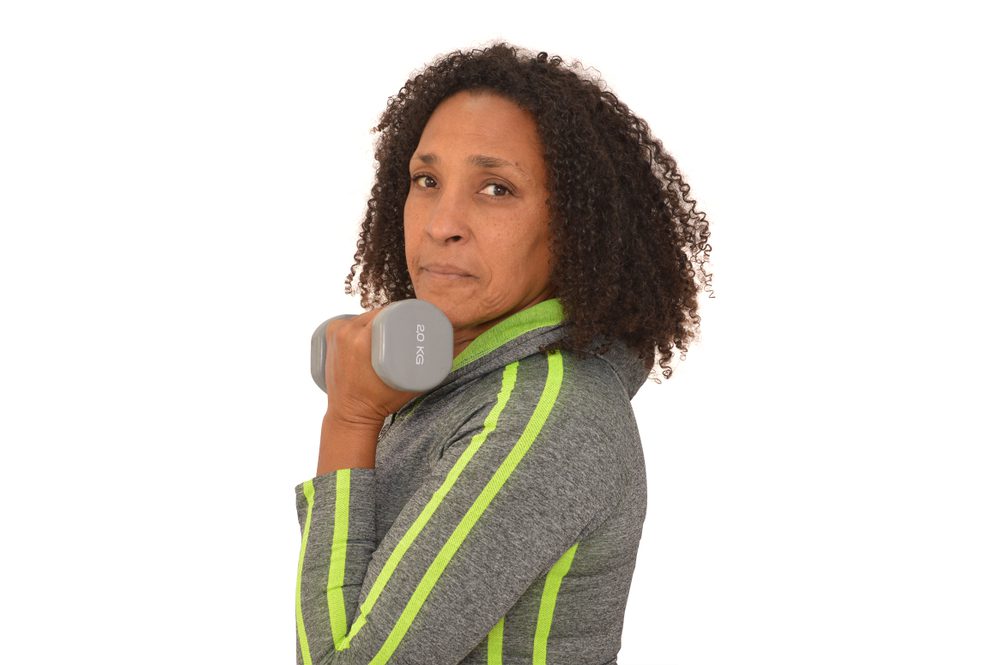Navigating menopause marks a significant transition — a natural progression signaling the culmination of a woman’s reproductive years. While this phase is inherent to life, the associated symptoms often present unexpected challenges. For many women, the prospect of seeking intervention or assistance might feel overwhelming or unappealing. However, within this juncture lies a spectrum of empowering strategies and lifestyle adjustments capable of effectively managing these symptoms.
Menopause, characterized by its individualized impact, brings about various physical and emotional changes. Amidst these shifts, there exists an array of approaches to alleviate discomfort and promote well-being. Embracing these strategies can offer a sense of empowerment and control during a transformative period that may initially seem daunting. From holistic practices to self-care initiatives, exploring these avenues can provide valuable support to navigate the intricate landscape of menopause without immediately seeking external help.
7 Things to Do When You’re Going Through Menopause But Reluctant to Seek Help
Menopause is a transformative period that affects each woman differently. While seeking medical advice is always recommended, here are seven proactive steps to help manage menopausal symptoms if seeking help feels overwhelming:
1. Educate Yourself
Knowledge is empowering. Take the time to understand the changes your body is going through. Reliable resources, books, and reputable websites can provide valuable insights into what to expect during menopause. This knowledge can help you feel more in control and prepared.
2. Prioritize Self-Care
Self-care practices play a pivotal role in managing menopausal symptoms. Engage in activities that promote relaxation, such as yoga, meditation, or deep breathing exercises. Adequate sleep, a balanced diet, and regular exercise can also significantly alleviate symptoms.
3. Explore Natural Remedies
Several natural remedies and alternative therapies have shown promise in easing menopausal discomfort. From herbal supplements like black cohosh and evening primrose oil to acupuncture and aromatherapy, these options might provide relief for some women.
4. Mindfulness and Stress Management
Menopause can be a stressful time, amplifying emotions and anxiety. Techniques like mindfulness and stress-reduction strategies can aid in managing these feelings. Mind-body practices like tai chi or mindfulness meditation can be beneficial in reducing stress levels.
5. Support Networks
Surround yourself with a supportive network of friends, family, or online communities. Sharing experiences and finding solidarity among others going through similar phases can be incredibly comforting. Discussing your concerns and feelings openly can alleviate the emotional burden.
6. Healthy Habits
Adopting healthy lifestyle habits can significantly improve menopausal symptoms. Cutting back on caffeine, alcohol, and spicy foods, which can exacerbate hot flashes, might help. Additionally, staying hydrated and wearing layered clothing can mitigate temperature fluctuations.
7. Track Your Symptoms
Keep a journal to monitor your symptoms and their triggers. Understanding patterns can help you identify what exacerbates or eases your symptoms. This information can guide you in making informed decisions about managing your menopausal experience.
While these steps can be incredibly beneficial, it’s important to acknowledge that seeking professional guidance from a healthcare provider specializing in menopause can offer tailored advice and treatments that suit your individual needs. Your health and well-being during this transition phase are paramount.
Remember, menopause is a unique journey for every woman. Embracing these strategies can empower you to navigate this phase with greater ease and comfort, even if seeking help initially seems daunting.
In summary, while managing menopause independently through proactive measures is feasible, acknowledging when symptoms become overwhelming is crucial. When these changes substantially affect your daily life or well-being, seeking guidance from a healthcare professional is essential. Their expertise offers personalized support, ensuring a more tailored approach to manage the challenges effectively.
Embracing menopause as an opportunity for self-care and exploration remains pivotal. It’s a phase that invites introspection and discovery, allowing you to identify strategies that resonate with your unique needs. Each individual’s journey through menopause is distinct, and discovering what works best for you involves a blend of experimentation and adaptation.
Remember, seeking help doesn’t diminish your autonomy; it enhances your ability to navigate this transition with informed choices. By amalgamating self-discovery with professional guidance, you can embrace this phase with confidence, resilience, and a focus on overall well-being.
This story was created using AI technology.














